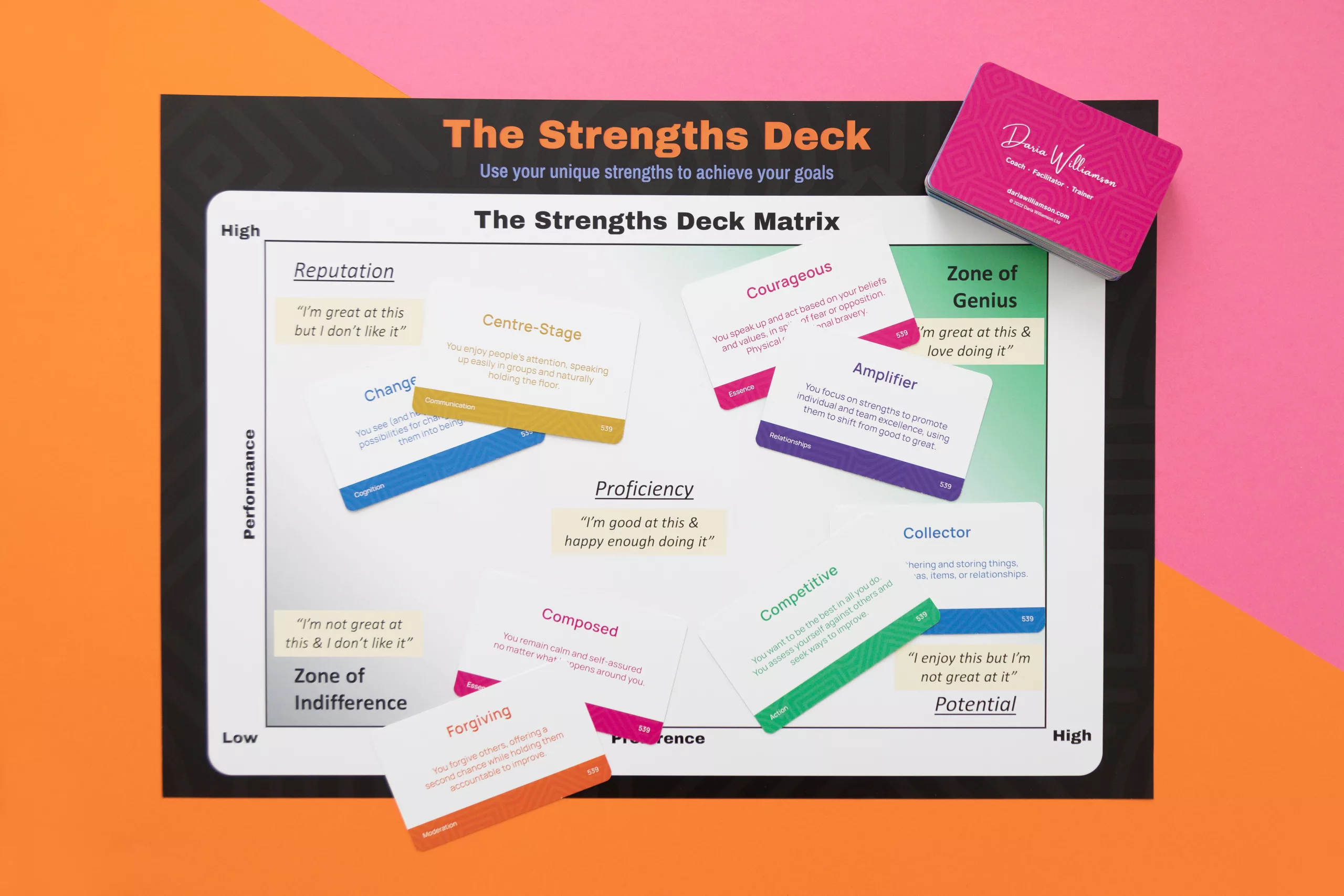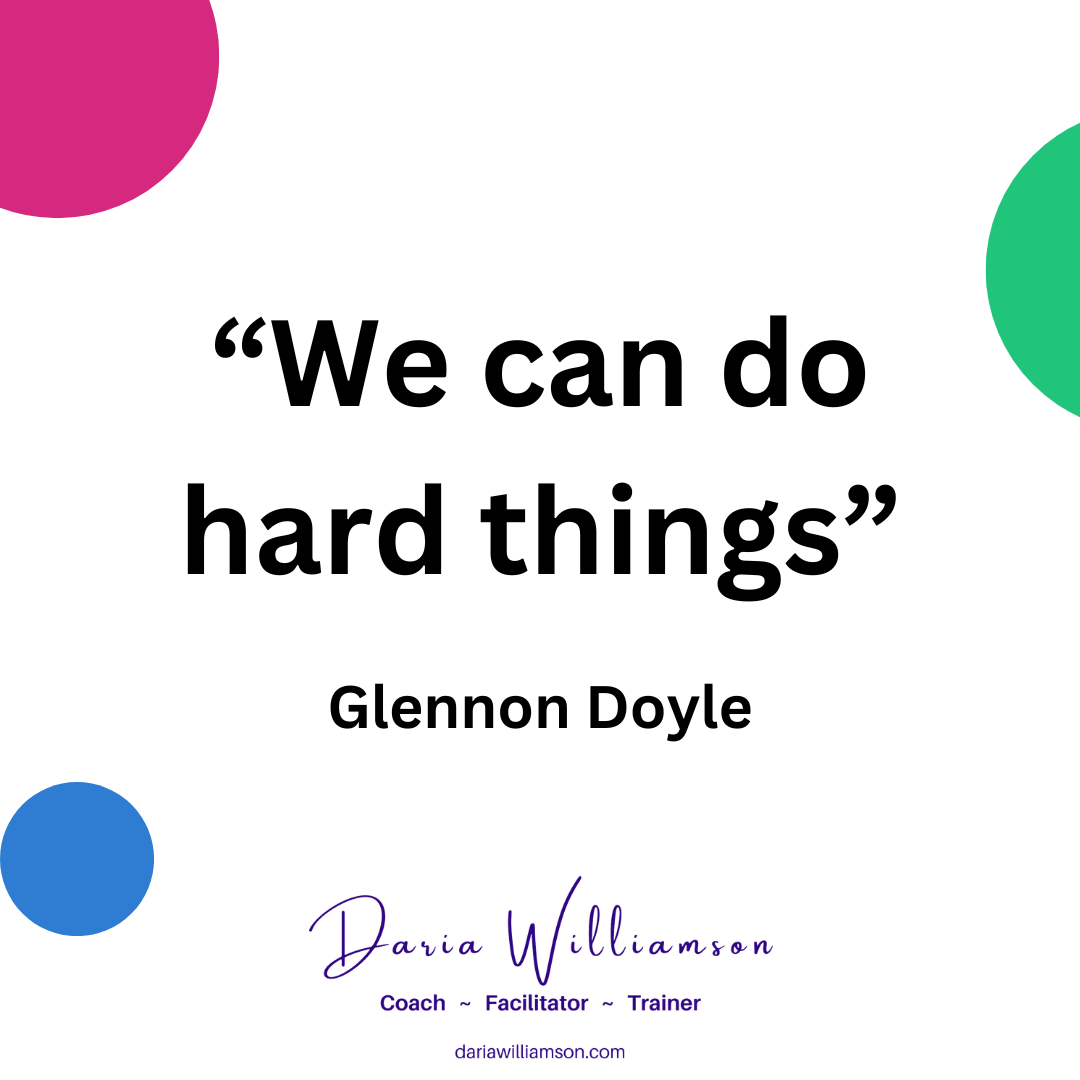Chances are, you’ve been taught there is such a thing as a “good” and a “bad” type of question. Typically, this refers to open-ended questions (“good”), and closed questions (“bad”). This judgement is based on the likelihood of getting more than a one-word answer.
But have you ever asked yourself why we ask questions at all? The answer seems obvious at first glance – we ask questions to find something out. But there is much more to it than meets the eye.
This article:
- defines three key motivations for asking a question,
- explains how to effectively deploy positive motivations, and
- provides guidance on what to do if you or someone else falls into the trap of the third motivation.
Three motivations for a question
There are three broad motivations for asking questions:
- Information or confirmation motives
- Coaching and development motives
- Toxic motives
Information or confirmation questions
We ask these questions to learn new information or check our understanding. The aim is to tap into existing knowledge. This could be confirming a meeting time or paraphrasing the assignment your boss has given you to check your understanding.
Often, we can discern a “right” and a “wrong”. For example, you might have had the meeting time wrong, so you got the right information by asking. Or you confirmed that you understood your boss’s instructions, so you know you’re on the right track.

Photo by Camylla Battani on Unsplash
Coaching and development questions
We use these questions to help the person we are talking with to uncover knowledge or insight, or develop self-awareness. You won’t necessarily know the answer to the question when you ask it. And in many cases, there isn’t a “right” answer anyway.
These questions help us to explore, discover, or try out ideas. They expand our conversation and can take it in new or surprising directions.
Toxic questions
Questions arising from toxic motives might be worded in exactly the same way as the first two categories. What differs is the intent. The question isn’t aimed at obtaining information or helping someone gain insight or access their inner wisdom. Instead, the asker is seeking to gain something for their own purposes, without being transparent.

Image by Peggy und Marco Lachmann-Anke from Pixabay
Toxic motives include:
- creating or reinforcing power dynamics, status or privilege
- testing, accusing or shaming people
- demonstrating disapproval or disagreement
- manipulating situations or people
- delaying decisions or action
- making a statement
- diverting attention
- derailing conversations or processes
The question is an indirect way to achieve a goal while making it easy to deny the actual intent. “I wasn’t trying to put up a roadblock, I just don’t think we have enough information to make a good decision”.
I call these “toxic questions” because the asker wants the question to achieve a particular goal, but they aren’t open and transparent about what that goal is. This may not be a conscious process.
A note of caution: perception
As with anything in life, our perception is our reality. You may have asked a question innocently, but because of another person’s history, it can be perceived as toxic. This is particularly the case when publicly asking questions of people with whom you have not (yet) developed a close, trusting relationship.
The following section discusses how to apply positive motivations, and what to consider to reduce the likelihood of a question being perceived as toxic. Another (longer-term) approach is to work on developing trusting relationships with those around you.
Applying the positive motivations
The information or confirmation question
Before asking for information or confirmation, pause for a moment and check your underlying intent. If you are happy with your motives, then consider the context: it is better to ask certain questions privately.
For example, publicly asking someone why they didn’t include certain costs in a proposal could be seen as robust discussion, or as a tactic for testing, shaming or derailing. Asking this question one-on-one means it is more likely to be perceived as an enquiry for information.
Of course, the wording (and tone) of the question also matters. “Who was the idiot who didn’t include the licence costs in the proposal?” is unlikely to go down well publicly or one-on-one! Asking in a neutral tone “what was the reason the licence costs weren’t included in the proposal?” is more likely to generate a useful conversation and exchange of information.

Image by Arek Socha from Pixabay
The coaching and development question
Coaching and development questions usually come into play after a trusting relationship has been established. With the exception of a few situations (such as coaching and development workshops, or group coaching sessions), it’s usually better to ask these sorts of questions one-on-one.
Publicly asking these questions can trigger self-censorship and/or socially-desirable answers. This means the person being asked chooses not to reveal something, either to avoid criticism or enhance the way others perceive them. And asking them in a public forum can create the perception that they are toxic questions. But asking the same questions privately, in the context of a trusting relationship, can generate significant insight and self-awareness.
When asking a question, you don’t have to know the answer – although you might have an inkling. The purpose of asking is for the person answering it to make observations, gain perspective, access their intuition and inner wisdom, and generate insights they can use to guide their decisions and actions.
If you find yourself wanting to demonstrate your knowledge, or impose a belief, judgement or action on the other person, you may be confusing mentoring with coaching, or you might have slipped into toxic questioning.
How to handle toxic questions
There are two aspects we need to deal with: when we are asking a toxic question, and when we are being asked a toxic question.
Asking the toxic question
It can be a shock to discover that we ask, or are tempted to ask, toxic questions. The first step is to accept that our motives aren’t always pure, and that simply makes us human. We have probably seen other people get away with these sorts of questions, and it can be tempting to follow suit.
Activate your empathy

Image by John Hain from Pixabay
Empathy is our best weapon against this temptation. Most of us know how it feels to be on the receiving end of a toxic question. Cast your mind back to a time you were asked a toxic question. What did it feel like? Maybe you had an uncomfortable, squirmy feeling in the pit of your stomach? Or your cheeks burned red-hot with humiliation? Or maybe you felt nervous, on-edge, unable to relax and be yourself.
I once worked with a senior manager who would ask seemingly “random” questions of me (in front of my team) when he knew I didn’t have access to the information to answer the question. Of course, he always had this information at his fingertips. That was one of the signs that the questions were toxic! For more than a year, I felt incompetent, edgy, and defensive around him. I would sometimes even feel sick to my stomach before a meeting where he might ask one of his questions.
After learning about toxic questions, I understood why I felt so “icky” around him. And I decided I didn’t want to cause that kind of feeling in other people. That doesn’t mean I don’t make mistakes or allow myself to be tempted once in a while. But when I do catch myself, I consciously try to activate my empathy to get my back on track.
Get curious
It’s also worthwhile to get curious about what might be behind the toxic question you have asked, or been tempted to ask. Is there a legitimate purpose you are trying to achieve? What would the impact be on other people if you go ahead and ask the toxic question? What would be the impact if you try to achieve your goals in a more productive and transparent way?
Translate the question into a statement
How can you reformulate the question into a statement that makes your goals and feelings clear? Being transparent about your goals and feelings doesn’t guarantee that you’ll get what you want. But it does at least provide a starting point for an open discussion. The alternative is to let the issue go if you aren’t ready to be open about your goals and feelings.
Apologise quickly
Toxic questions can damage relationships and reduce trust. There is no substitute for a genuine apology, where you take full responsibility for your actions. A sincere apology given as soon as possible after the event will go a long way to restoring the relationship. And consider the context in which the toxic question was asked – if you asked it publicly, then you should make a public acknowledgement of the error and your regret. The apology should still be given privately, because doing it publicly can look insincere and like you are grandstanding rather than being genuine.
Being asked the toxic question
Nothing beats preparation
It can be a very isolating experience to be on the receiving end of a toxic question. We feel like a deer in the headlights. It’s not easy to respond strongly on the spot, so a little preparation can be helpful.

Image by Pete Linforth from Pixabay
- Try to understand why the person is asking the toxic question (review the list of toxic motives above).
- Seek to respond to the unexpressed needs (if you have the capacity and capability to do so – remember that your mental and emotional health are vitally important too).
- If it happens regularly with the same person or group, try to predict what questions will be asked so you can do some homework and/or develop appropriate responses ahead of time.
- If you draw a blank, buy yourself time by saying “I don’t know right now, but I’ll look into that and get back to you”. Don’t apologise for not knowing; deliver the response confidently. Using this delaying tactic is a legitimate way to get yourself out of the headlights to regroup.
- Ask your own question – when a toxic question is used to infer a certain conclusion, you can ask the questioner to outline their beliefs, the data they are relying on, and what specific details they are seeking through their question. This puts the onus on them to make their position and motives clear. This does need to be done delicately so that you don’t inadvertently slip into toxic questioning yourself.
Putting it into action
Once I learned about toxic questions, I sensed that my boss was trying to shore up his identity with my team. He did this by making himself appear knowledgable and making it look like I didn’t know things that I should. Starting from that context, I took four types of action:
- I met with him before our team meetings, asked him what information interested him, and researched the answers. The prediction strategy.
- During team meetings, I asked him to offer an insight (appealing to his desire to be an expert). This addressed the why and the unexpressed needs.
- I reviewed his previous questions, then learned about those areas of the business, so I would be ready for his “random” questions. Again, the prediction strategy.
- I developed a standard delay tactic response: “I don’t know, but I’ll find out and get back to you”. I would then do exactly that, and circulate the information to my team as well.
Several months after I started these responses, the number of “random” questions dropped dramatically. As a result, I started to feel more competent and confident. I also developed better relationships with peers across the business and became more knowledgable about the broader business. Although the overall outcome was positive, I would have preferred to have made these gains for reasons other than defending against toxic questions!
Too long, didn’t read?
- The intention (real or perceived) behind a question is the difference between it being treated as toxic or productive.
- You can apply the positive motivations for questions in every area of your life, but it is important to get the context right.
- You will, at some point, ask a toxic question. When this happens, recognise it, activate your empathy, get curious, translate the question into a statement, and apologise quickly.
- You will also face toxic questions. Having a ready-made delay tactic response that you can deliver confidently is a great start. From there, try to identify why the person is asking, what unexpressed need they are trying to meet, and the type of questions they’ll ask. Then do your homework!
What’s your experience?
Can you think of other motivations that I’ve missed? Or have you had an experience with toxic questions? Tell me all about it in the comments – I’d love to hear from you!





